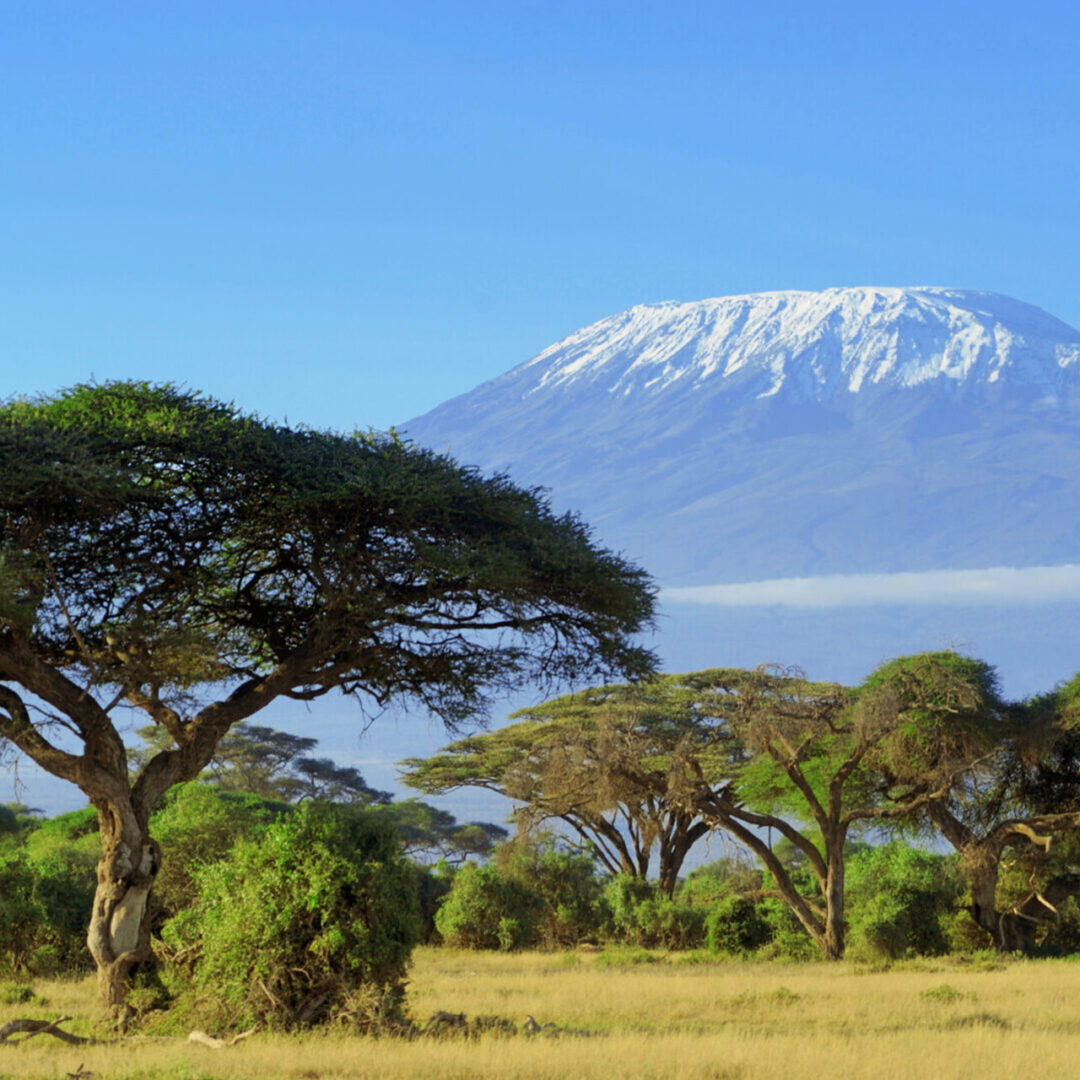This summer I had the opportunity to fulfill a dream I’ve had for many years—to summit Mt. Kilimanjaro in Tanzania. At Africa’s highest peak at 19341 ft (5895 m) it was a physically and mentally daunting undertaking. During the long days of walking I had the chance to reflect upon some parallels between my trek and how to successfully work across cultures.
- Prepare in advance – Attempting a climb up Kili required a lot of planning—from physical training to researching and buying the necessary gear and clothing. Similarly working with culturally-diverse and geographically-dispersed teams requires doing some groundwork as well. Because it’s impossible to work abroad like you do as home, it’s important to do your cultural due diligence by gathering as much information on your team members’ culture(s) and styles of working and communicating to ensure success. Research shows that culturally-savvy executives have higher levels of productivity and are better able to meet deadlines. Also, investing the time to learn basic greetings, a few words of the local language, the food and other cultural protocols demonstrates both a curiosity and knowledge that will serve you well as you attempt to build trust and respect.
- Go “pole-pole” (Swahili for “slowly slowly”) – Allowing my body to successfully acclimate to the altitude meant that I had to walk extremely slow right from the start of my seven-day trek, even when my instinct was to walk faster. As a fast hiker this was a challenge for me, but I also realized that I needed to curb my ways to avoid acute mountain sickness. While going slowly is not typically in the DNA of most teams given external pressures of looming deadlines and being first to market, moving too fast in an environment where trust has not been firmly established could be detrimental to the overall success of the team’s collaboration. Taking the time to focus on building relationships prior to jumping into the task could prove critical in dealing with challenges and overall workflow.
- Listen to the locals – I relied heavily on my Tanzanian guides’ expert advice on how much to eat and drink, how many layers to wear and other crucial recommendations that would keep us safe and provide a better chance of reaching the summit. Similarly engaging your colleagues and asking about local customs and procedures could prove critical to success. One senior executive I recently worked with recounted a challenge resulting from radical changes to labor laws in one of his South American offices that would have had a deleterious impact on his company’s desire to standardize certain labor practices. Cross-border success requires an ability to recognize that there is not a one size fits all approach to working and attempting to impose standards that work effectively in one culture onto another will often be met with resistance. At the very least team members will not contribute their best if they are not working in a way that resonates with local practices. Listen to their suggestions and understand local operations before imposing practices that may sabotage.
- Always keep your eyes on the end goal – Summiting Kilimanjaro presented multiple challenges. Between glacial temperatures, extremely thin air, and aching muscles there were many times where I felt I couldn’t go any further. I had to remind myself that each small, laborious step was getting me closer to my goal. There are similar obstacles for many of the multicultural teams I have worked with. After months working on a project, clients frequently mention how discouraged, frustrated and unmotivated they feel when it seems like the project is not progressing or cultural differences seem insurmountable. Take the time to recalibrate with your team by engaging your team members in a fun teambuilding activity. Even in a virtual environment, there are ample ways to connect through a game, simulation or dialogue that can enhance team morale and propel people forward.
- Celebrate success with the entire team – We would not have made it to the summit of Kilimanjaro without the support of our Tanzanian crew of guides, our cook and the porters who carried up to 40lbs (20 kg) of luggage on their heads as they ran up the mountain. One particularly bonding moment occurred at one of our basecamps at about 15,000 ft when we all started to dance and sing in Swahili. It created a much deeper connection with the crew and I’m certain influenced their willingness to go the extra mile to help us. Outlier members in globally-dispersed teams have commented on feeling isolated and excluded from their co-located team members. Finding ways to recognize their contribution to your team’s success, even if they can’t attend that celebratory dinner, if crucial to fostering a sense of belonging and their commitment to perform at high levels on future projects.
Achieving whatever goals one has—be it climbing one of the world’s highest mountains or completing a complex project with players spanning multiple continents, cultures and time zones—requires much patience, persistence and perseverance and taking one step at a time.
Posted in Uncategorized


